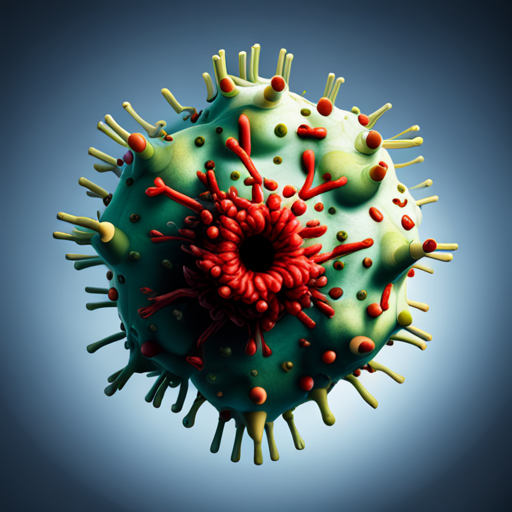How Does COVID Change into New Forms?
Article Source: How Viruses Mutate and Create New Variants

Why You Should Care
COVID-19 keeps changing, making it harder to control. Understanding these changes helps scientists develop better vaccines and treatments, keeping us safer from new variants.
Answering the Question... How Does COVID Change into New Forms?
COVID-19, caused by the SARS-CoV-2 virus, mutates when it replicates inside our cells. About 3% of these replications have random errors or mutations. Some mutations make the virus more infectious or help it evade the immune system. For instance, the Delta variant is 50% more transmissible than the original virus, and Omicron has over 30 mutations in its spike protein, enhancing its ability to infect humans.
How Was the Study Done?
Scientists studied the replication of SARS-CoV-2's RNA genome. They found that the virus's replication enzyme, RdRp, lacks a robust error-correction mechanism, leading to frequent mutations. They tracked various variants and analyzed their genetic sequences to understand how specific mutations affect the virus's behavior.
What Was Discovered?
- Mutation Rate: SARS-CoV-2 mutates at a rate of about 3% per replication cycle.
- RNA vs. DNA Viruses: RNA viruses like SARS-CoV-2 mutate more frequently than DNA viruses because they lack strong error-correction mechanisms. Coronaviruses mutate slower than other RNA viruses like influenza due to a unique proofreading enzyme but still mutate enough to create significant variants.
- Enzyme Role: SARS-CoV-2 uses human enzymes to increase its mutation rate. These mutations occur in approximately 3 out of every 100 replications.
- Variants: Variants like Alpha, Beta, Delta, and Omicron have mutations that enhance their transmissibility and immune evasion. The Delta variant is about 60% more transmissible than Alpha, and Omicron has a 3-fold higher rate of reinfection than Delta.
- Vaccine Efficacy: Despite mutations, current vaccines remain about 75-85% effective against severe disease caused by variants, although booster shots may be needed to maintain high protection levels.
Why Does It Matter?
Understanding how COVID-19 mutates helps scientists predict and combat new variants. This knowledge is vital for developing updated vaccines and treatments, ensuring better protection against the virus, and helping to control the pandemic.
Continuous monitoring and adapting our strategies to new variants can significantly impact public health outcomes and mitigate the spread of the virus.
Link to full article: How Viruses Mutate and Create New Variants
